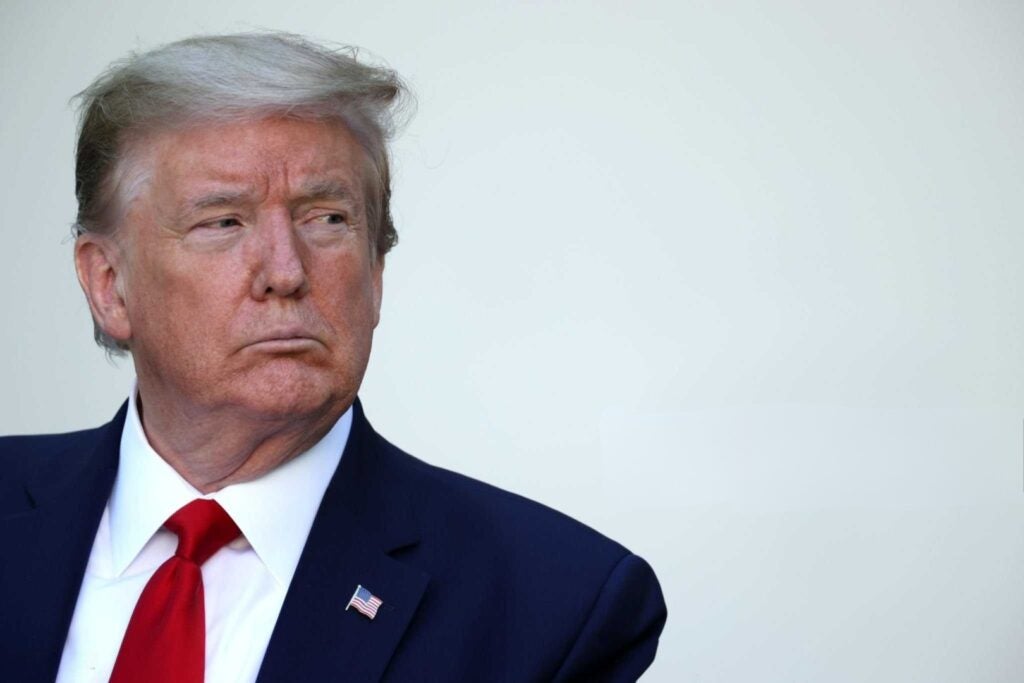Trump’s Auto Tariff Strategy: Who Will Be Exempt and What It Means for the Industry?
President Trump’s recent announcement regarding impending auto tariffs has sent ripples through the automotive industry. With discussions around which countries might be exempt from these tariffs, the implications for major automakers such as Ford and General Motors could lead to a transformational shift in the automotive landscape. Understanding the nuances of this auto tariff strategy is crucial for industry stakeholders, consumers, and policymakers alike.
The Rationale Behind Auto Tariffs
President Trump has long advocated for tariffs as a means to protect American industries from foreign competition. The auto tariffs are primarily aimed at addressing concerns about national security, a rationale that has been met with both support and skepticism. The administration argues that dependence on foreign automotive imports poses risks to American jobs and the economy. By imposing tariffs, the administration hopes to incentivize domestic production and reduce trade deficits.
However, the effectiveness of such tariffs in achieving these goals remains a contentious debate. Critics argue that tariffs may lead to increased vehicle costs for consumers and disrupt supply chains that are already finely tuned to a global market. Moreover, the potential retaliatory measures from other countries could escalate tensions and impact U.S. exports.
Who Might Be Exempt from Trump’s Auto Tariff Strategy?
The exemption process for the auto tariffs is likely to be as complex as the tariffs themselves. Several factors will play a role in determining which countries might secure exemptions. Here are some key considerations:
- Existing Trade Agreements: Countries with existing Free Trade Agreements (FTAs) with the United States, such as Canada and Mexico, could be more likely to receive exemptions. These agreements already establish trade frameworks that are beneficial for both parties.
- National Security Concerns: Nations that are viewed as strategic allies may be granted exemptions. The Trump administration has emphasized national security as a primary justification for these tariffs, meaning that relationships with certain countries will be pivotal.
- Automotive Industry Cooperation: Countries that demonstrate a willingness to collaborate with the U.S. on automotive manufacturing standards and practices may also find themselves exempt. This could involve commitments to invest in American manufacturing or adhere to specific environmental regulations.
Implications for Major Automakers
For automakers like Ford and General Motors, the potential impact of auto tariffs is profound. Here’s how these tariffs could reshape their operations and strategies:
- Increased Production Costs: If tariffs are imposed on foreign vehicles and components, automakers may face increased production costs. This could lead to higher prices for consumers, which may dampen demand.
- Supply Chain Disruptions: The automotive industry relies heavily on a global supply chain. Tariffs could disrupt the flow of necessary parts and materials, forcing companies to rethink their sourcing strategies.
- Investment Decisions: Major automakers may reconsider their investments in foreign manufacturing plants. Companies might shift resources back to the U.S. to avoid tariffs, which could lead to job creation domestically.
Potential Economic Impact
The economic ramifications of Trump’s auto tariff strategy could be significant, affecting not just automakers but a wide range of stakeholders:
- Consumers: As production costs rise, consumers may face higher prices for vehicles. This could lead to decreased affordability and a potential decline in vehicle sales.
- Suppliers: Companies that supply parts and materials to automakers may also be impacted. Increased tariffs could lead to reduced orders from automakers, affecting their bottom lines.
- Job Market: While the intent is to protect American jobs, the reality could be more complicated. A slowdown in vehicle sales could lead to layoffs in the automotive sector, counteracting any job growth from increased domestic production.
Consumer Reactions and Market Trends
Consumer sentiment will play a crucial role in the automotive market’s response to the proposed tariffs. If vehicle prices rise significantly, consumers may opt for used cars or turn to electric vehicles, which could disrupt traditional market dynamics. Additionally, the growing trend towards sustainability and environmental consciousness may lead consumers to seek alternatives that align with their values.
Furthermore, automakers might respond by investing in new technologies, such as electric and autonomous vehicles, to appeal to a changing consumer base. The shift towards these technologies could be accelerated as companies aim to mitigate the impact of tariffs on their bottom lines.
Looking Ahead
As the situation evolves, the automotive industry must remain agile. Stakeholders should keep a close watch on the administration’s actions regarding exemptions and any potential retaliatory measures from affected countries. The dialogue surrounding auto tariffs will undoubtedly continue to shape the industry’s future.
In conclusion, President Trump’s auto tariff strategy raises significant questions about exemptions and implications for the automotive industry. As major players like Ford and General Motors navigate this uncertain landscape, their strategies will likely evolve in response to both domestic and global economic pressures. The outcome of this tariff strategy could redefine the automotive industry for years to come, highlighting the need for adaptability and foresight in an ever-changing market.
See more CNBC Network



